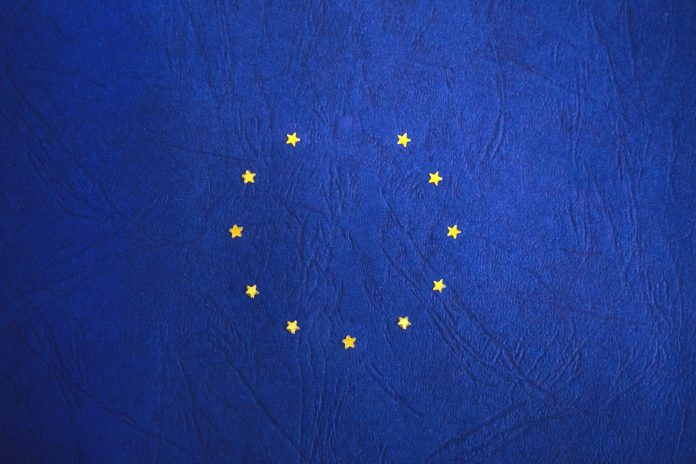
The EU Settlement Scheme
In order to continue living and working in the UK after Brexit, EU nationals and their family members will need to apply under the EU Settlement Scheme (the “Scheme“).
All EU nationals* (and their family members) who wish to continue living in the UK after 31 December 2020 must make an application before 30 June 2021. Individuals who register under the Scheme will continue to be able to access work, pensions, healthcare and other benefits after Brexit. The importance, therefore, for those eligible to make an application under the Scheme cannot be overstated.
Eligible individuals can apply for the following:
- “Pre-settled status” for those who have less than five years of continuous residence in the UK; or
- “Settled status” for those who have lived in the UK for more than five continuous years.
The Scheme is currently being phased in. ‘Private Beta 1’, the first phase of the Scheme which focused on 12 NHS Trusts and 3 Universities in the north-west of England, proved largely successful. ‘Private Beta 2’, the second phase which focuses on all EU employees in the Higher Education and Health and Social Care sectors – an estimated 250,000 people – is now underway and will run until 21 December 2018. The Scheme as a whole will become open to all and fully operational by the end of March 2019. With March just around the corner, now is the time to plan ahead.
The application will be available through a streamlined, online application portal. Proof of the new status will be made available online, but there will be no new official hard document received by EU nationals as a result of their new status.
Top tips for keeping your European talent
Given the fluidity of the industry and the reliance on a truly international talent pool, Media organisations should identify the implications of the Scheme for their employees, and consider the development of a communications plan to inform and support employees with registration. Applications under the Scheme cost £65 for adults, £32.50 for children and are free for EU nationals who already have residency or indefinite leave to remain. Many employers are therefore considering whether to support their employees (and their families) by paying this relatively modest cost. We encourage businesses to take proactive steps at this stage (which includes training HR and recruitment teams) to ensure all employees retain the right to work in the UK and avoid business interruption.
It is also a well-established practice for media businesses to engage consultants. These consultants may provide anything from ad-hoc support, specialist expertise or even be high-profile music producers, actors or sports stars that are required to be physically present in the UK. Although it will be down to the individual consultant to take the necessary steps under the Scheme, it would be prudent for businesses to take more proactive steps to encourage these individuals (whether informally, or indeed formally under any consultant agreement) to preserve their status so that the ‘on the ground’ relationship can continue. Failure to do so could significantly affect business operations.
What comes next?
The UK and the EU approved terms of the UK’s exit of the EU at a summit yesterday (Sunday 25 November 2018). It remains to be seen whether the deal agreed will be passed by UK parliament over the coming days and weeks. Predicting future developments on Brexit is a difficult business, but MediaWrites is and will continue to follow developments carefully in order to update you with the latest news as soon as it becomes available.
*Irish nationals have a special status in the UK and are not required to register. Family members who are British citizens also do not need to apply. The status of citizens of Iceland, Liechtenstein and Switzerland are still being negotiated however it is expected that similar protections will be afforded to them in line with the EU Settlement Scheme. It has recently been suggested (although not yet confirmed) that this reciprocal approach will be taken between the UK and Norway.









